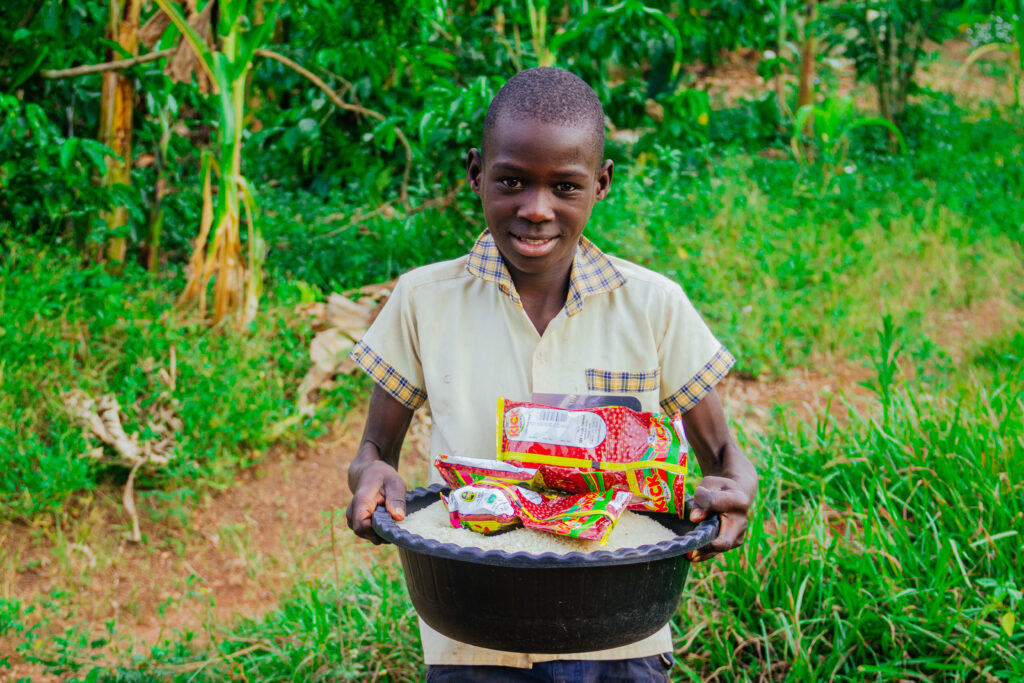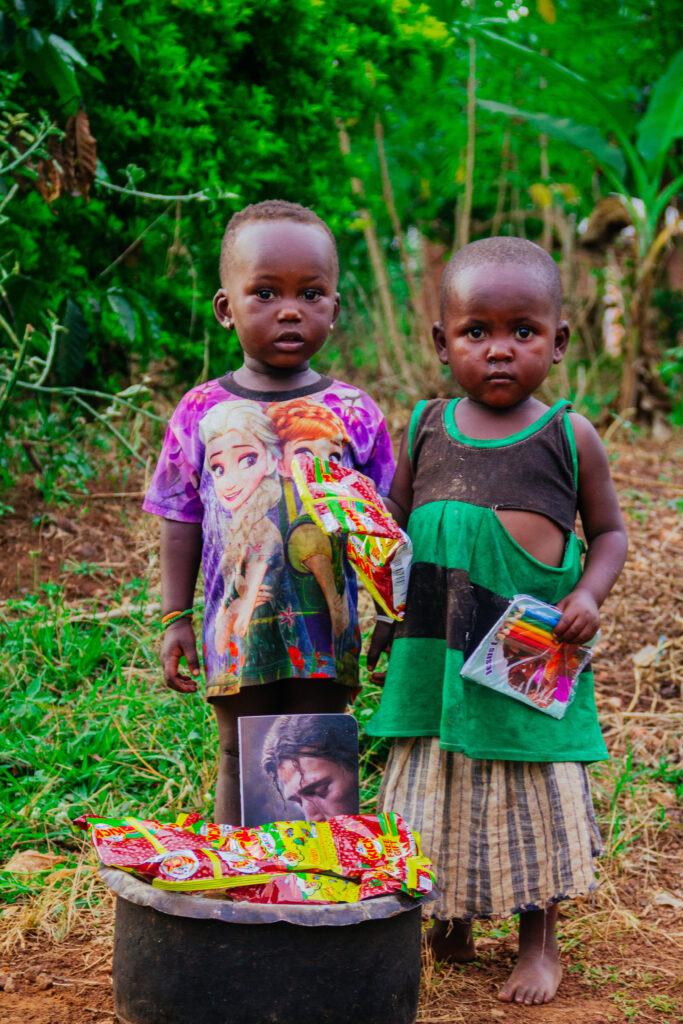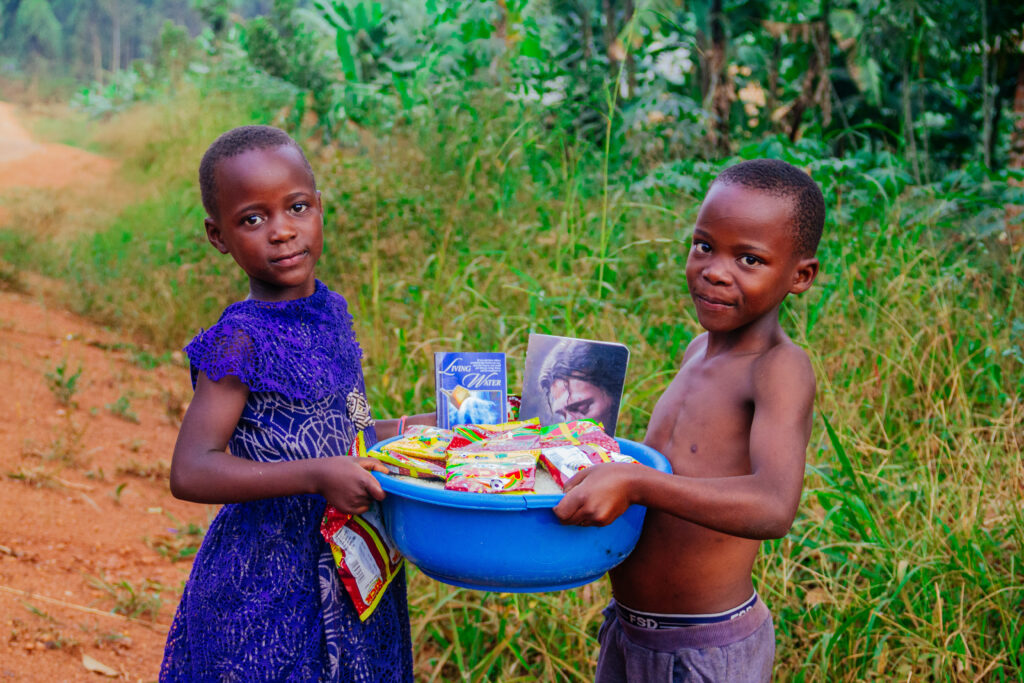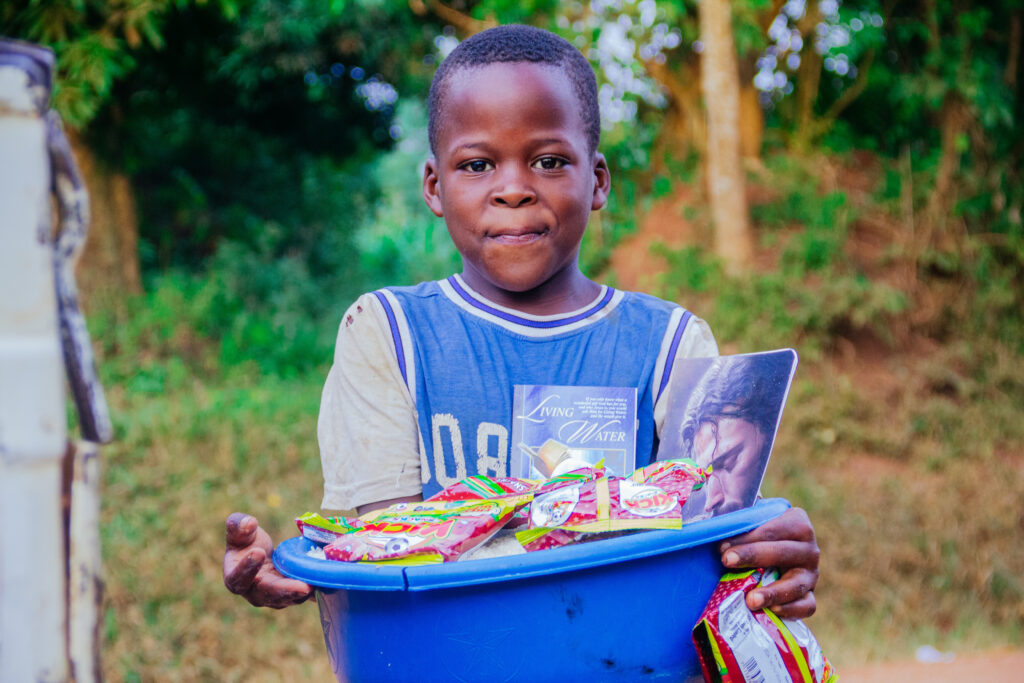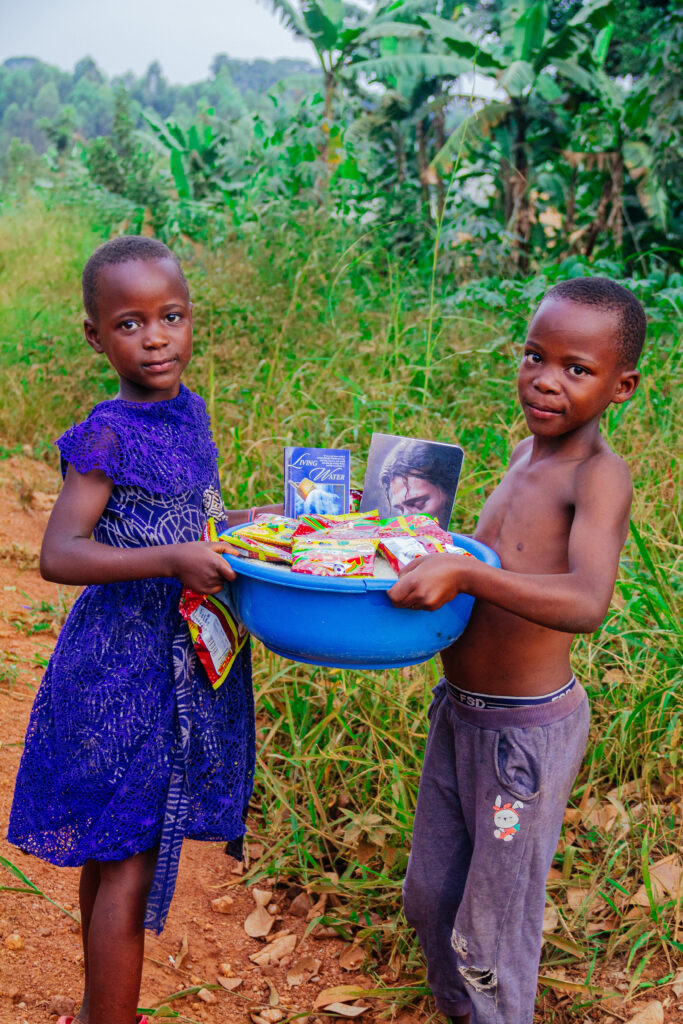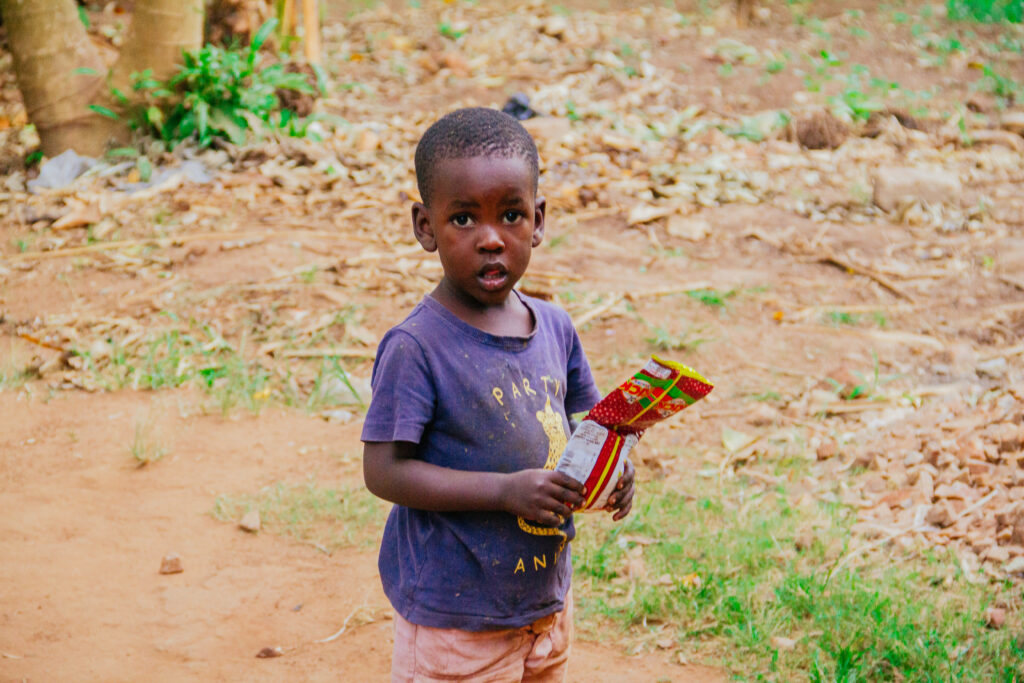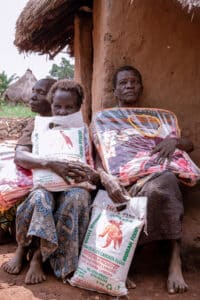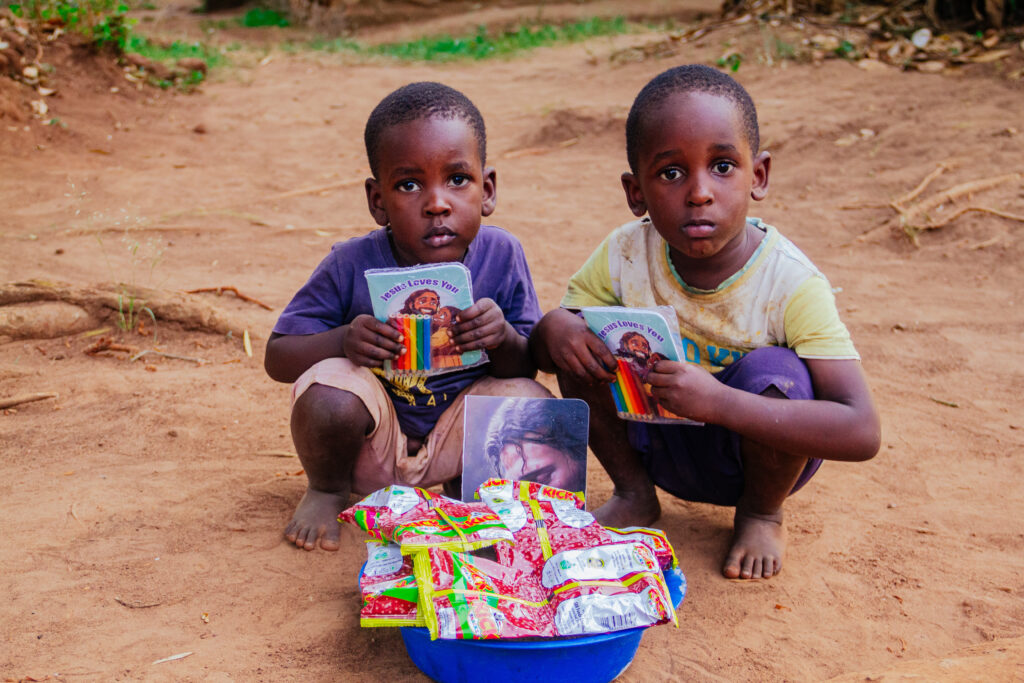
jfm
In many African cultures, including Uganda, parenting involves a deep sense of community and shared responsibility. African parents often emphasize the importance of respect, obedience, and communal values from an early age. Children are taught to honor their elders and adhere to family traditions essential to maintaining societal harmony. Parents typically involve extended family members, neighbors, and even community elders in the upbringing of their children, a sense of belonging and collective responsibility.
However, it’s not uncommon for parents to employ various strategies, including exaggerations or minor untruths, as part of their parenting approach. This can sometimes lead to mixed messages for the children. For instance, parents might tell children they are doing well in their tasks to encourage them and build their confidence, even if it’s false. This practice is often rooted in a desire to motivate children and avoid discouragement, though it can inadvertently teach them to overlook the importance of honesty.
As in many African contexts, storytelling is crucial in educating and entertaining children in Ugandan society. These stories often contain moral lessons and cultural values but might also include myths and legends that blur the lines between fact and fiction. While this method can effectively teach children about their heritage and values, it can sometimes perpetuate misunderstandings about reality and fantasy.
Additionally, African parents often instill a strong sense of discipline and responsibility in their children. This can involve strict rules and high expectations intended to prepare children for the challenges of adult life. However, the balance between discipline and encouragement is delicate. When praise is not genuinely earned, or criticisms are overly harsh, it can lead to confusion and mixed feelings in children about their self-worth and the value of honesty.
Despite these challenges, many African parents strive to raise their children with integrity, resilience, and a deep sense of community. Even when it includes some embellishments, encouragement reflects a desire to see their children succeed and thrive. The task for modern parenting in Uganda, as elsewhere, is to find a balance that nurtures both confidence and a commitment to honesty, equipping children with the skills and values they need to navigate a complex world.
